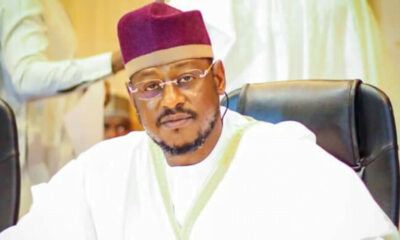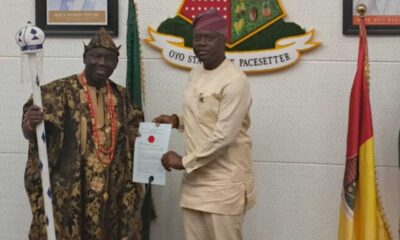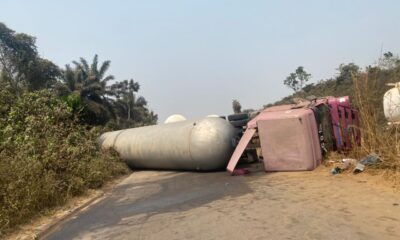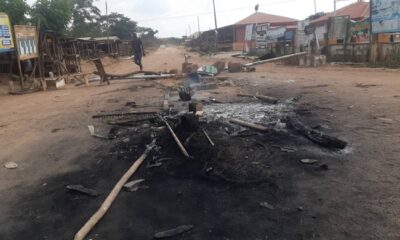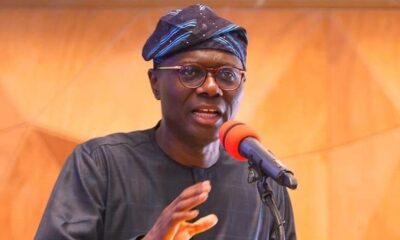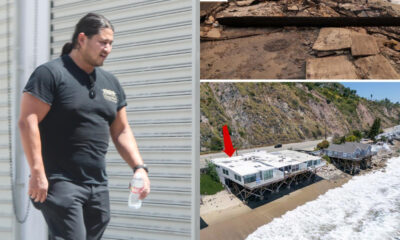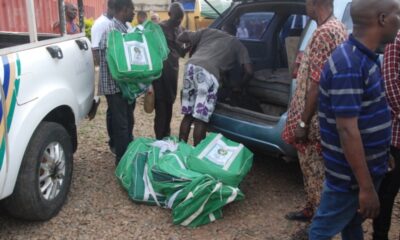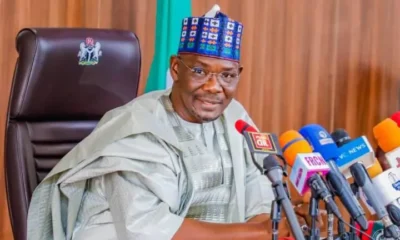News
Kaduna gov unveils plans to strengthen community security
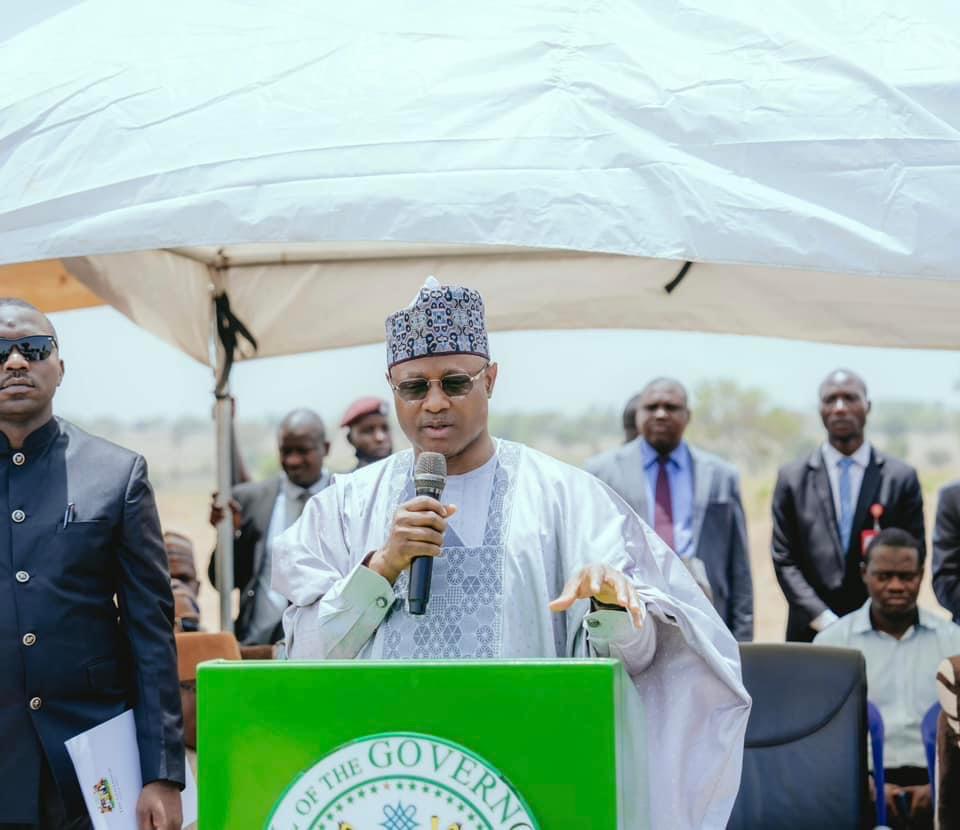

Kaduna Governor, Uba Sani, has expressed his commitment to a bottom-up approach towards addressing security challenges and strengthening the ongoing peace process in the state.
According to him, the present approach to curbing insecurity takes cognizance of the peculiar problems of each of the 23 local government areas instead of a blanket approach to solving every problem.
The Commissioner of Internal Security and Home Affairs, Dr. James Kanyip, who unveiled the plans of the government and made the paradigm shift known, said the state has embarked on an assessment tour of the security situation in Kaduna State, “to hear directly from the people affected.”
Speaking to journalists on Tuesday, Dr Kanyip said that the tour is a shift towards more direct community engagement in addressing security challenges, adding that the engagement covers Giwa and Igabi Local Government Areas.
The commissioner said that his aim is to gather first-hand information from communities affected by security concerns, so as to present it to Governor Sani for prompt action.
Kanyip said that this hands-on approach will enable him to understand local security dynamics, adding, “I feel that I should not be an armchair Commissioner who just waits for reports.
“The initiative brings together a diverse group of stakeholders, including local government officials, traditional rulers, religious leaders, youth groups, and women’s organizations.
“Kaduna State Government (KDSG) recognizes the importance and role of local leaders and other stakeholders in building and sustaining peace,” the Commissioner added.
“Through these interactions, we will gather valuable information that will help us in tackling the challenges we are facing.”
He added that the information would aid security agencies in their operations.
“This initiative represents a significant shift in the state’s security management approach, prioritizing direct community engagement and localized solutions over centralized decision-making,” he stressed.
According to him, security is a collective responsibility “which includes parents, women, youths, traditional rulers, and local authorities all having roles to play.”

